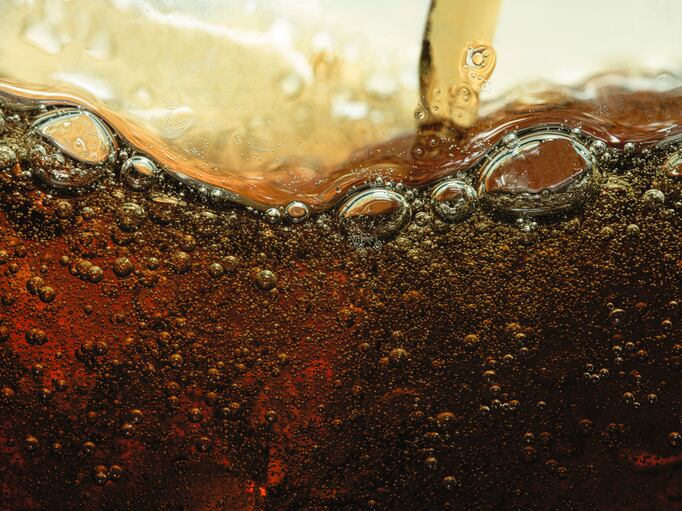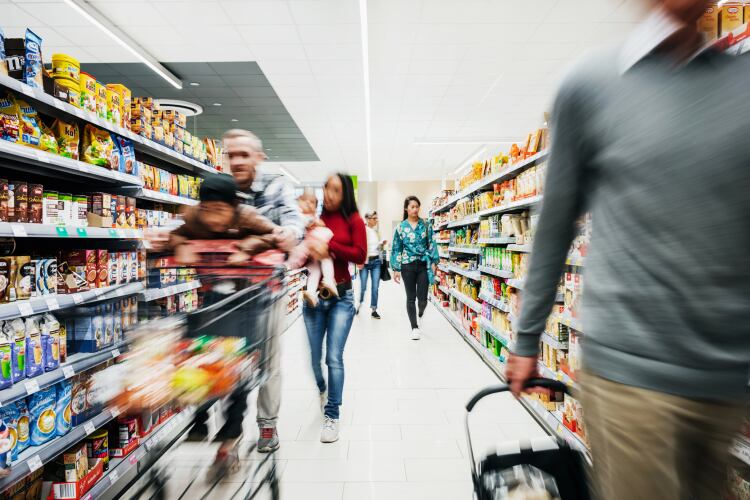CO2 gas plays a critical and irreplaceable role in the food and drink manufacturing process (from stunning animals before they go to slaughter; keeping bagged salads fresh; and making beverages fizzy) and businesses could grind to a halt if they cannot secure an adequate supply, warned the British Meat Processors Association, which said the crisis exposed the issue of food insecurity.
The association’s CEO Nick Allen, said: “This crisis highlights the fact that the British food supply chain is at the mercy of a small number of major fertiliser producers (four or five companies) spread across northern Europe. We rely on a by-product from their production process to keep Britain’s food chain moving.”
“CO2 is essential for a wide range of food and medical uses,” said Richard Walker, Managing Director of Iceland Foods, in a tweet. “Yet 60% of the UK’s supply comes from only two sites, owned by one foreign company, who have decided to close due to profitability. Surely matters of national security should be state-controlled?”
A crisis was eventually avoided after the UK government secured a deal with CF Industries to reopen one of its fertiliser plants. The BMPA still noted some important work needs to be done "to discuss how these markets can be re-shaped to take the risk out of our supply chains".
Others used the calamity to call for a switch to much greater local food production. Patrick Holden, CEO & Founder of The Sustainable Food Trust, called on the government, food companies and retailers to reward farmers who produce nature and climate-friendly local food.
"The latest gas price increases and food shortages we are witnessing have exposed the double crises of energy and food insecurity, serious threats to our country's economy and millions of peoples livelihoods,” he said. “Government and business leaders need to go beyond short-term sticking plaster solutions and accelerate moves towards more systemic change. We will need to move quicker to 100% renewable energy, if we want long term energy security. And if we are serious about food security then we will need a National Food and Farming Strategy that is harmonised with nature and climate, switching to much greater local food production. This will mean rebuilding local farming and food infrastructure from local markets, storage and abattoirs - which we have completely lost since the second world war.”
Dan Crossley, Executive Director at the Food Ethics Council agreed. “The CO2 shortage shows how fragile our industrial food systems are,” he said. “It highlights the urgent need to build resilience from the ground up. More localised food systems are a critical part of that. What it also does is reinforce the need for an overarching food strategy – one that has fairness and resilience at its heart. I hope that the White Paper team in Defra currently drafting its response to the National Food Strategy for England is paying attention.”
The Soil Association added that the shortage has exposed how dependent our farming and food production has become on fossil fuels. Director of Policy Joanna Lewis said: “CO2 is a by-product of fertiliser manufacture, which has been hit by high natural gas prices. In the lead up to COP26, this is underlining how urgently we need to reduce our reliance on artificial Nitrogen fertiliser, and its by-products, if we are to have a resilient food and farming system in a Net Zero world.”
She claimed modelling by IDDRI and the Food, Farming and Countryside Commission has shown “we can phase out Nitrogen fertiliser and still feed a growing population a healthy diet, with a massive boost for the climate and for nature”.



